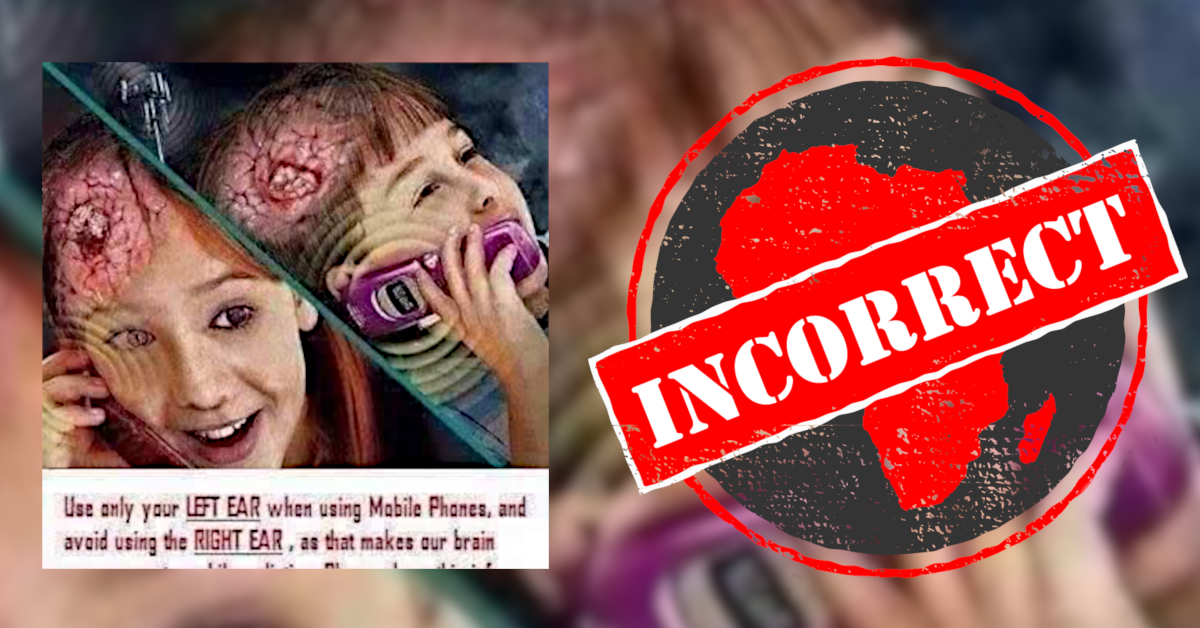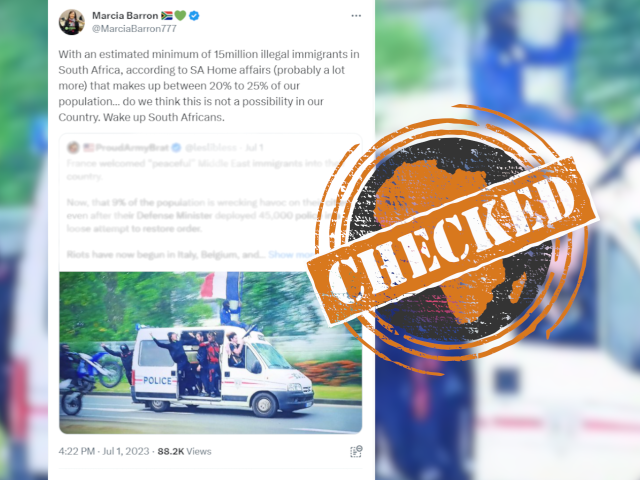Facebook posts shared in Nigeria claim Iceland has a shortage of men and will pay immigrants up to $5,000 to marry Icelandic women.
“Apply Now - Due to lack of men, Iceland paying immigrants $5,000 to marry their women - Reports” reads the headline of one. It includes a photo of a woman that we found was taken in Iceland in 2006 by George Jardine.
The link shared on 3 October 2017 seems broken or expired, so the original article can’t be accessed.
A Facebook post from 2 June 2017 has a similar headline: “Iceland will pay $5,000 ~ N1.8 Million to immigrants who will marry their women. Who wants to marry?”
It adds: “Due to lack of men, Iceland will pay $5,000 per month to immigrants who marry Icelandic women!”
Does Iceland have so few men that it’s willing to pay immigrants to marry the country’s women?
We checked.

In the first three months of 209 Iceland had 183,920 men and 174,860 women, according to the country’s most recent population data. So there are more men in Iceland than women.
The Embassy of Iceland in Kampala, Uganda, which also represents Iceland in Kenya, Ethiopia, Djibouti, Malawi and Namibia, told Africa Check the claim was false.
“This information is indeed false and has been circulating on the web for a couple of years,” the embassy told Africa Check in a direct message on Facebook.
And there is no government grant for immigrants who marry Icelandic women.
The claims have been debunked by fact-checking website Snopes and Nigerian Facebook page the Loud Voice. – Grace Gichuhi
“Apply Now - Due to lack of men, Iceland paying immigrants $5,000 to marry their women - Reports” reads the headline of one. It includes a photo of a woman that we found was taken in Iceland in 2006 by George Jardine.
The link shared on 3 October 2017 seems broken or expired, so the original article can’t be accessed.
A Facebook post from 2 June 2017 has a similar headline: “Iceland will pay $5,000 ~ N1.8 Million to immigrants who will marry their women. Who wants to marry?”
It adds: “Due to lack of men, Iceland will pay $5,000 per month to immigrants who marry Icelandic women!”
Does Iceland have so few men that it’s willing to pay immigrants to marry the country’s women?
We checked.

More men than women in Iceland
In the first three months of 209 Iceland had 183,920 men and 174,860 women, according to the country’s most recent population data. So there are more men in Iceland than women.
The Embassy of Iceland in Kampala, Uganda, which also represents Iceland in Kenya, Ethiopia, Djibouti, Malawi and Namibia, told Africa Check the claim was false.
“This information is indeed false and has been circulating on the web for a couple of years,” the embassy told Africa Check in a direct message on Facebook.
And there is no government grant for immigrants who marry Icelandic women.
The claims have been debunked by fact-checking website Snopes and Nigerian Facebook page the Loud Voice. – Grace Gichuhi
Republish our content for free
For publishers: what to do if your post is rated false
A fact-checker has rated your Facebook or Instagram post as “false”, “altered”, “partly false” or “missing context”. This could have serious consequences. What do you do?
Click on our guide for the steps you should follow.
Publishers guideAfrica Check teams up with Facebook
Africa Check is a partner in Meta's third-party fact-checking programme to help stop the spread of false information on social media.
The content we rate as “false” will be downgraded on Facebook and Instagram. This means fewer people will see it.
You can also help identify false information on Facebook. This guide explains how.



Add new comment